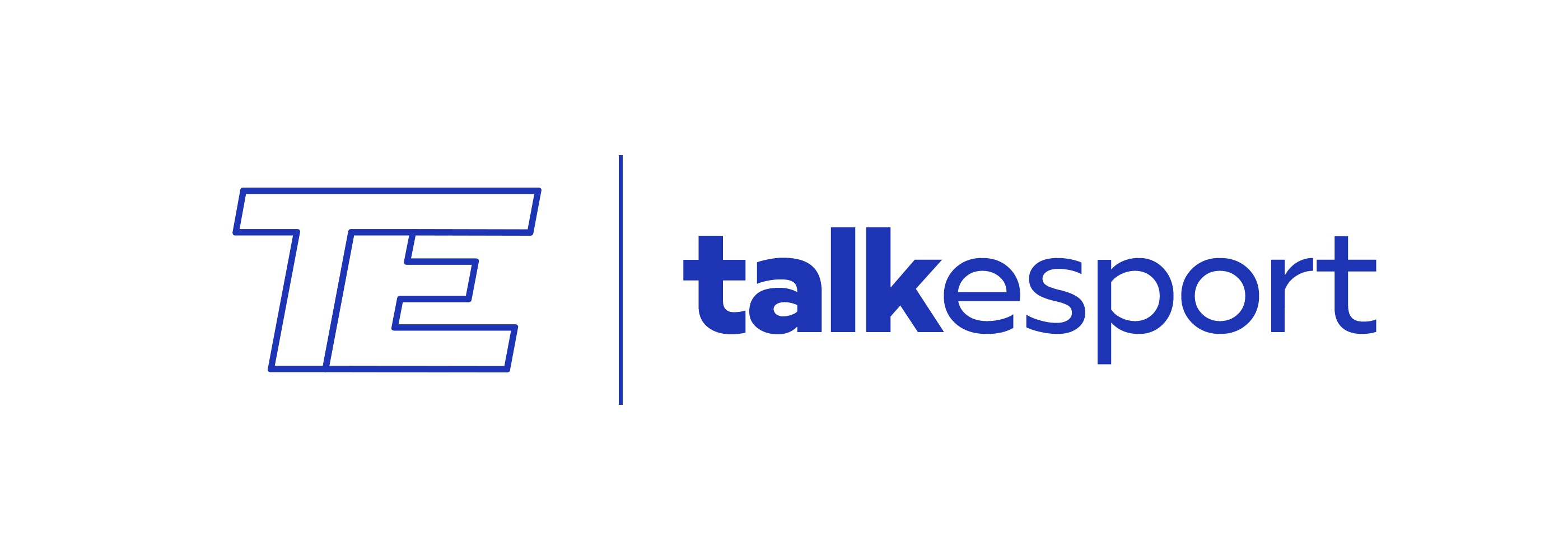A group known as Mogilevich recently admitted to fabricating a story about infiltrating Epic Games’ secure databases. Their false claims included the theft of sensitive data such as passwords, payment information, and source codes, sparking widespread concern among gamers and industry insiders alike.
Contrary to their initial portrayal as hackers, Mogilevich revealed themselves to be “professional fraudsters,” specializing in deception rather than digital intrusion.
Epic Games, known for the global phenomenon Fortnite, quickly countered the group’s claims, confirming the absence of any security compromise. This announcement came as a relief to millions of players and industry stakeholders.
Mogilevich’s strategy involved leveraging the notoriety of high-profile companies to orchestrate their scams. By creating a facade of having accessed forbidden data, they aimed to trick unsuspecting victims into paying for non-existent information.
The group boasted about duping individuals and even other would-be hackers by selling fake ransomware tools and services.
In a surprising move, Mogilevich’s spokesperson, Pongo, openly discussed their tactics, framing them as a demonstration of their scamming prowess rather than a genuine hacking ability.
While Epic Games emerges unscathed, with its data integrity intact, the incident serves as a stark reminder of the potential for misinformation and fraud in the digital age. It highlights the necessity for companies and individuals alike to remain skeptical of unverified claims and to prioritize cybersecurity.
This episode illustrates the ease with which fraudsters can exploit the reputations of established entities for nefarious purposes, emphasizing the need for critical assessment of hacking allegations.


